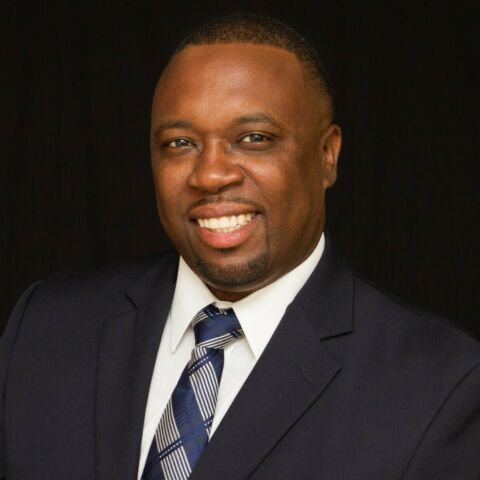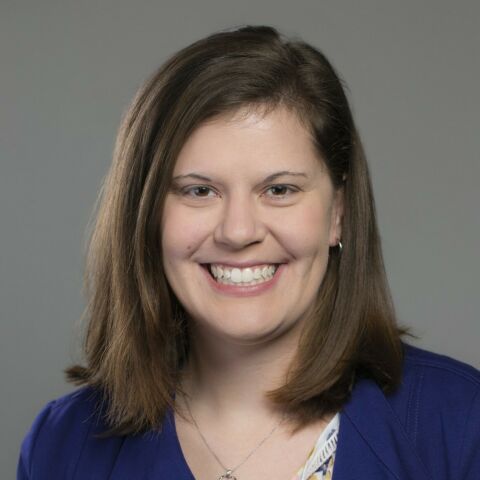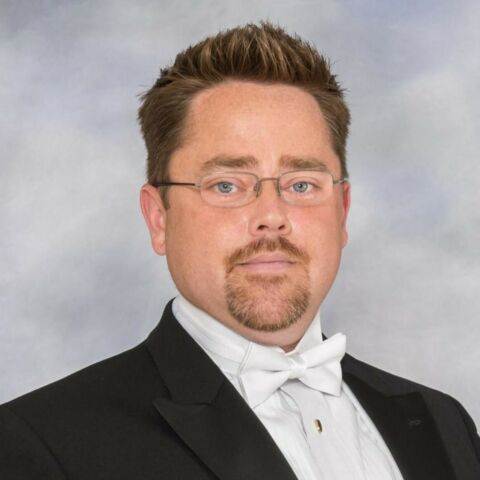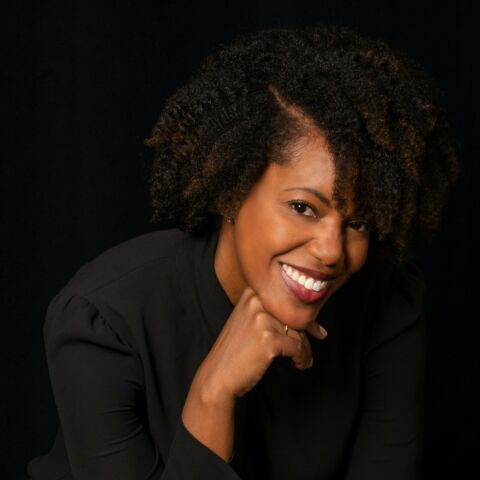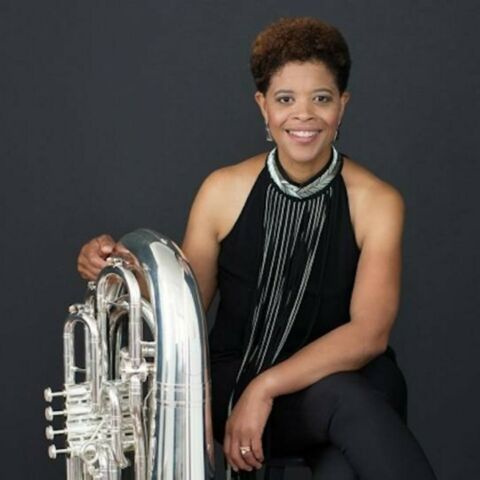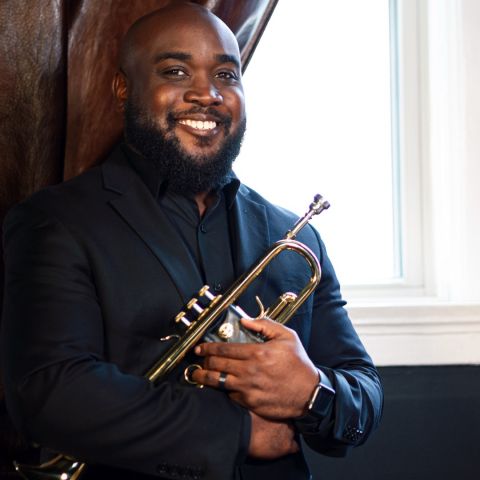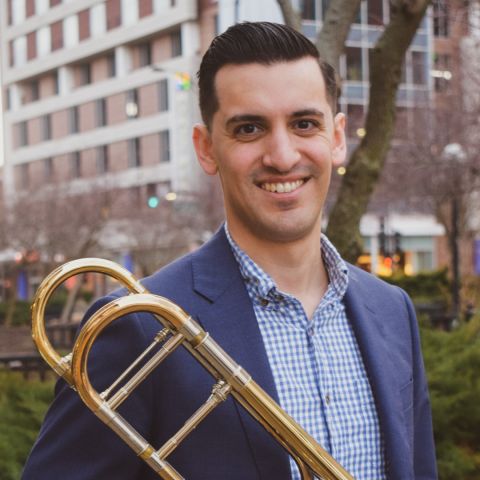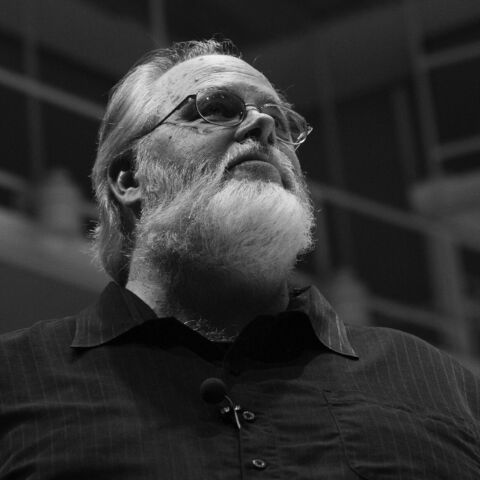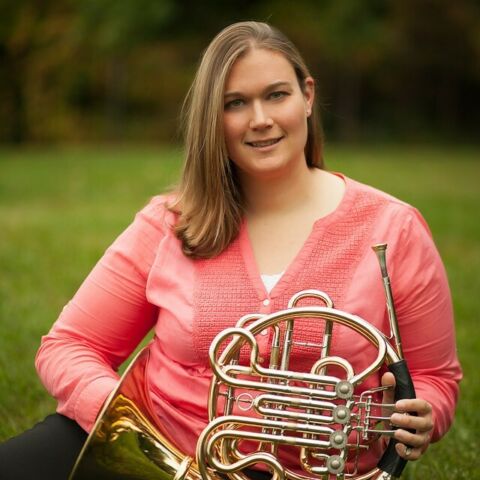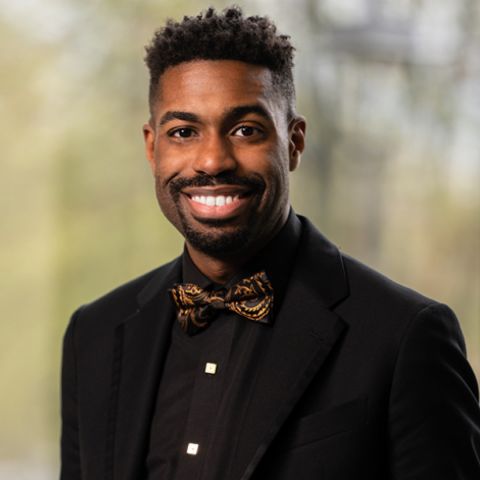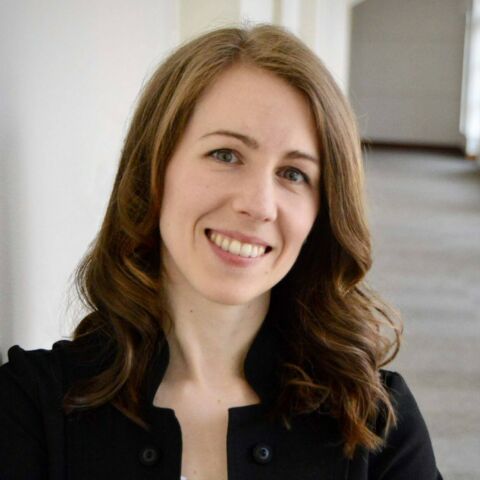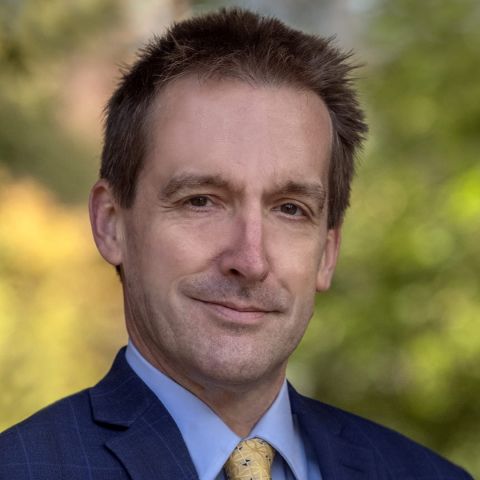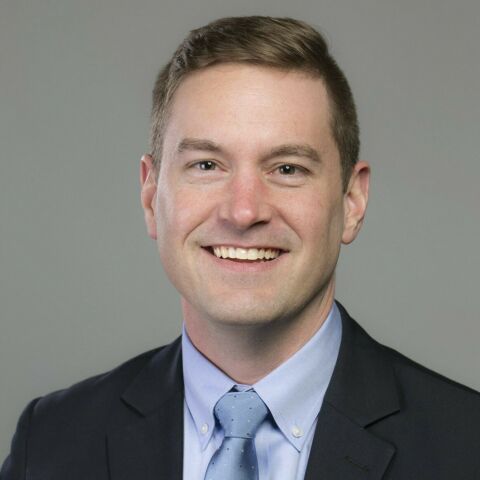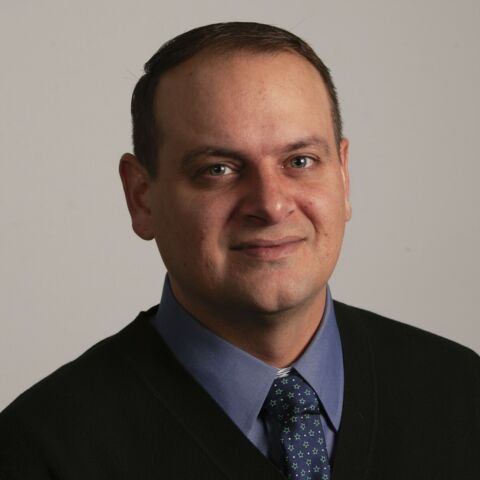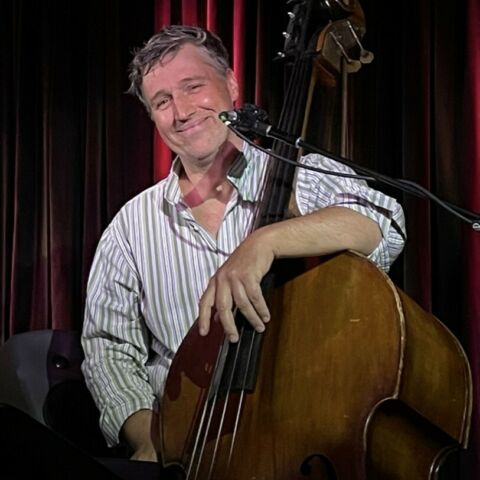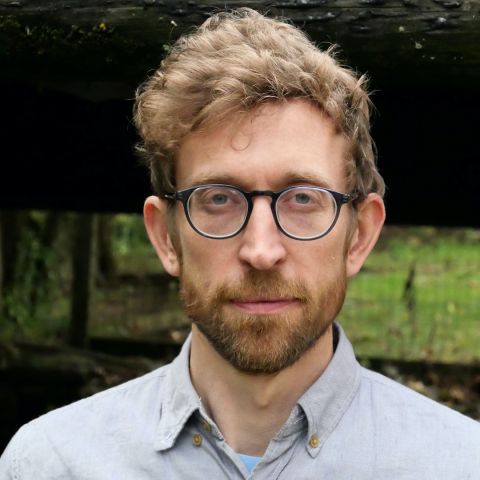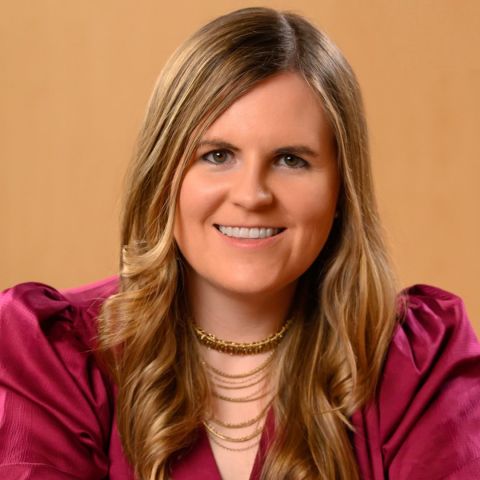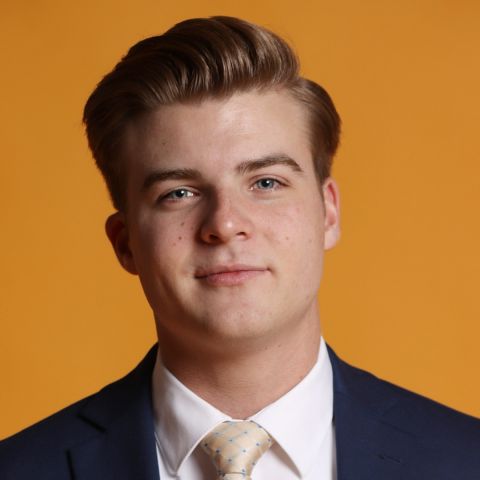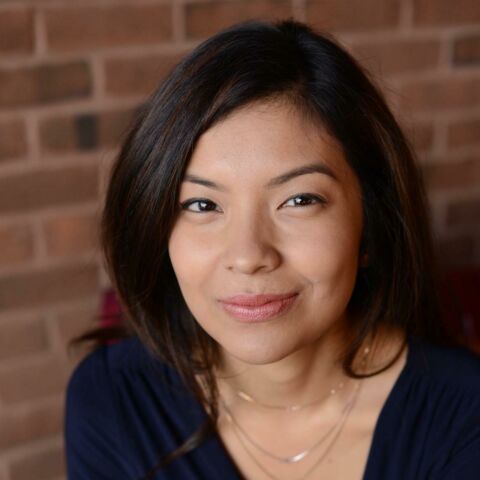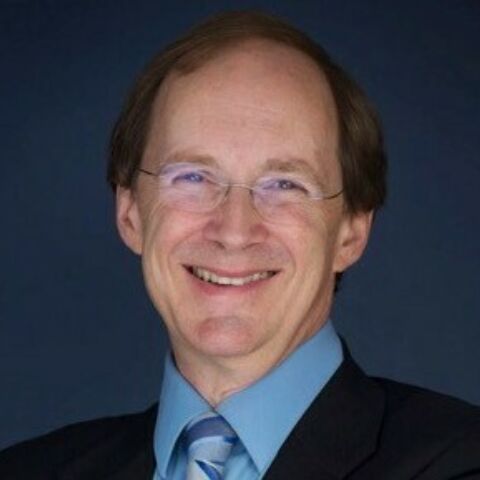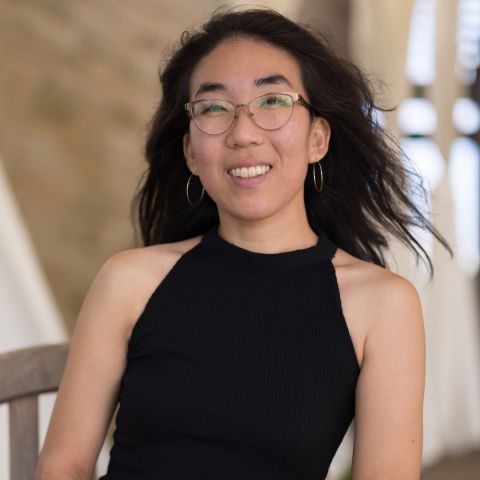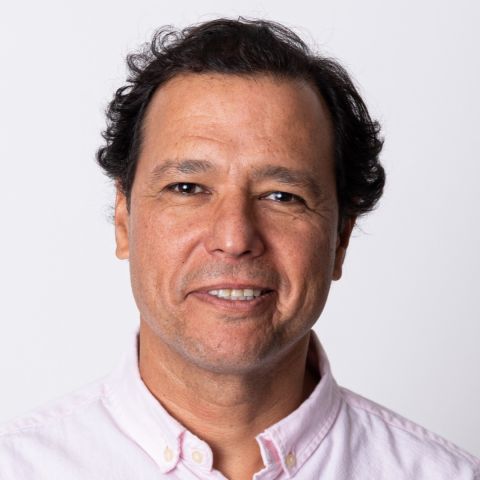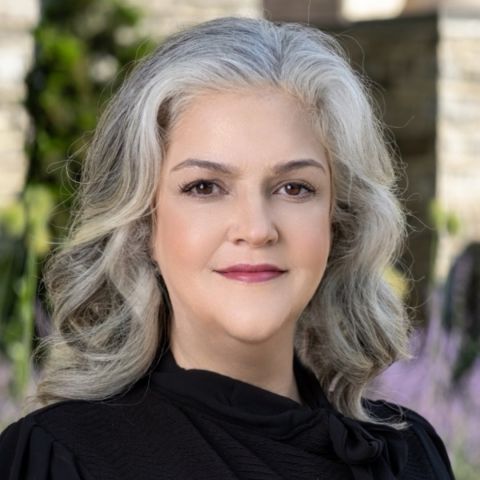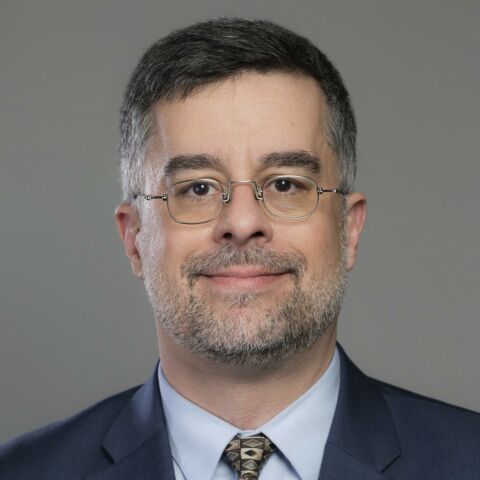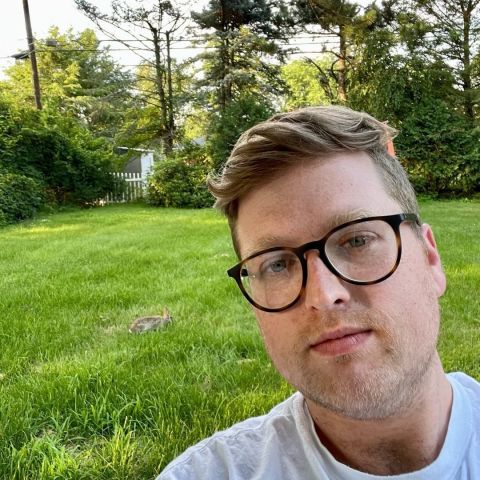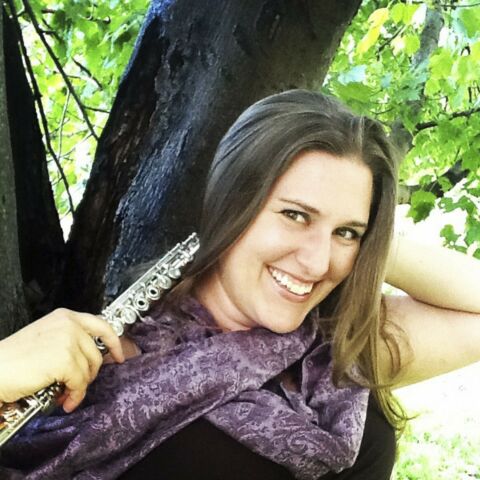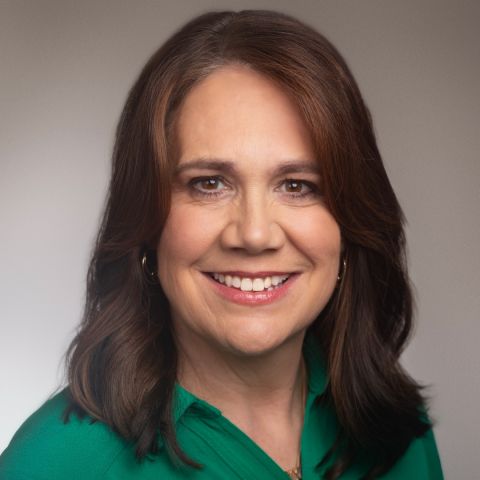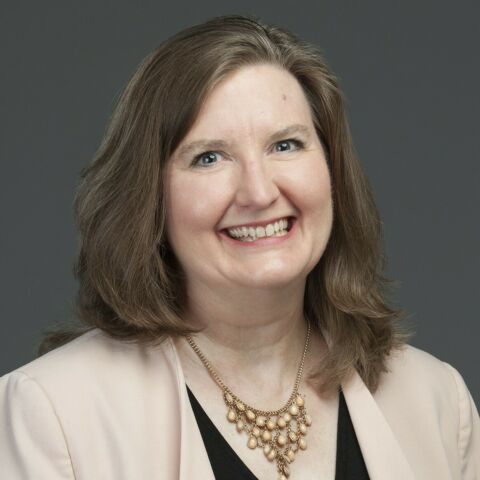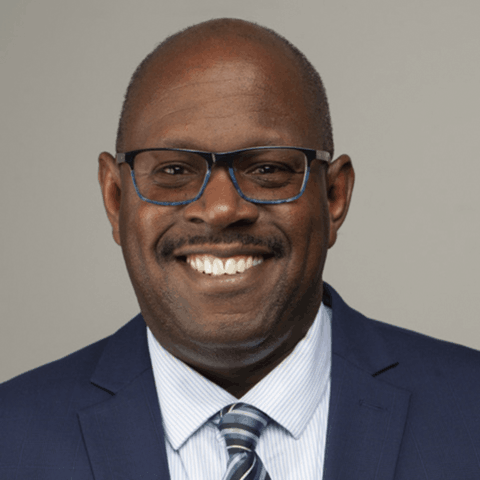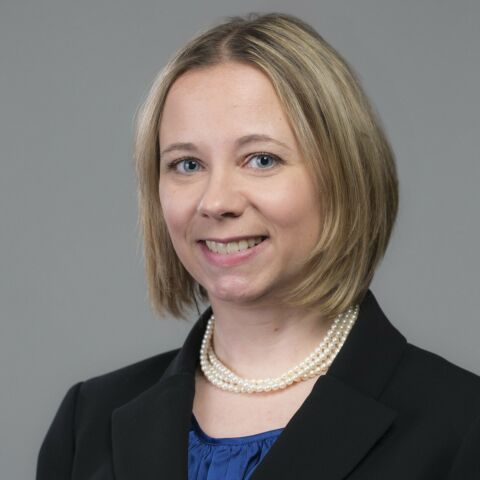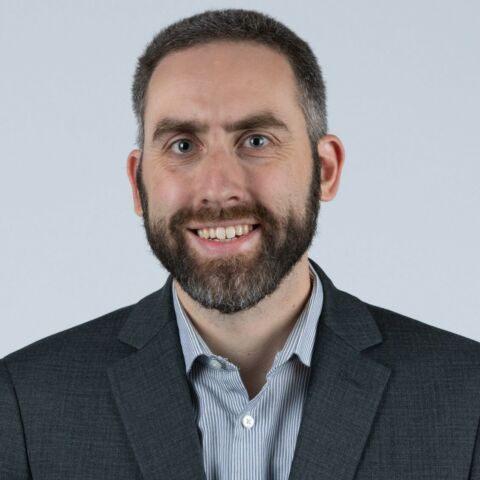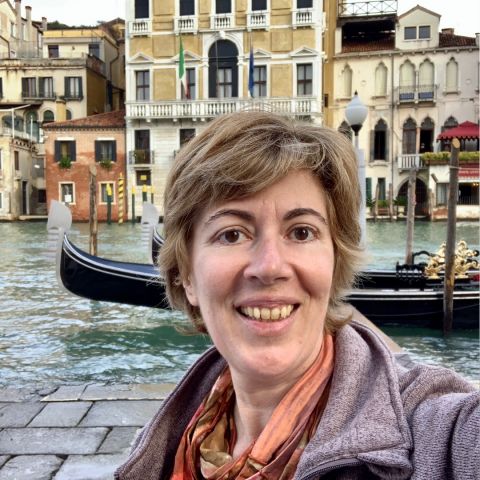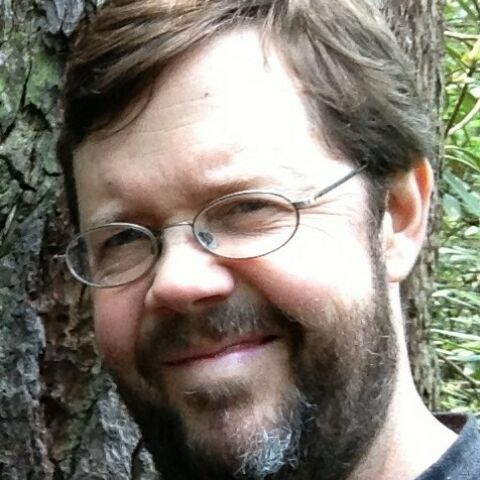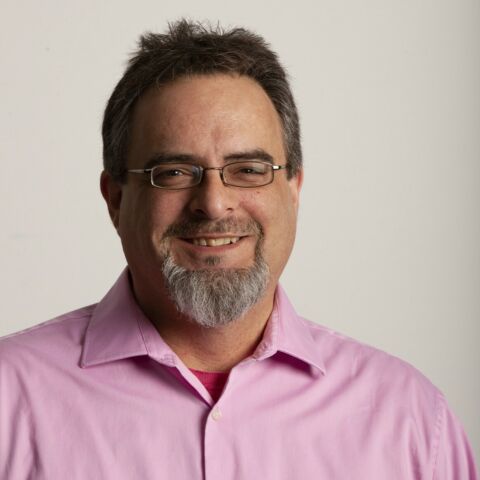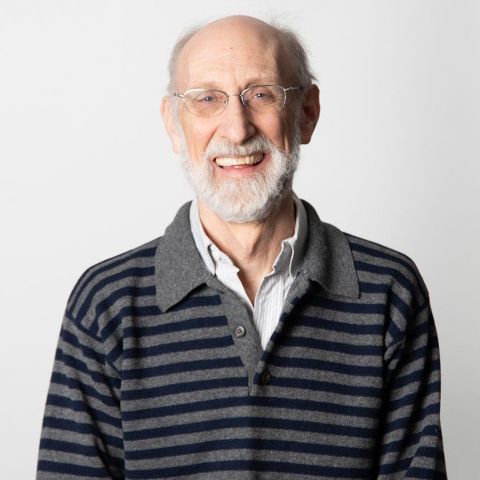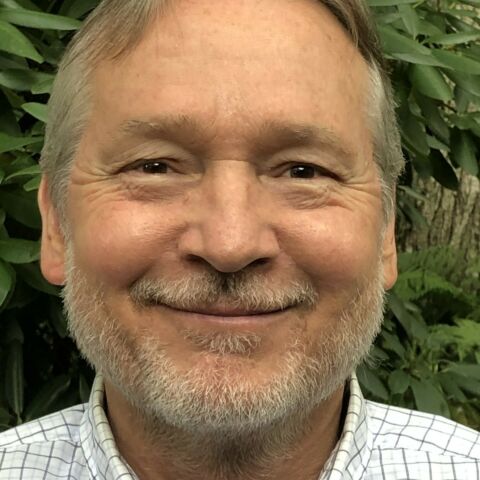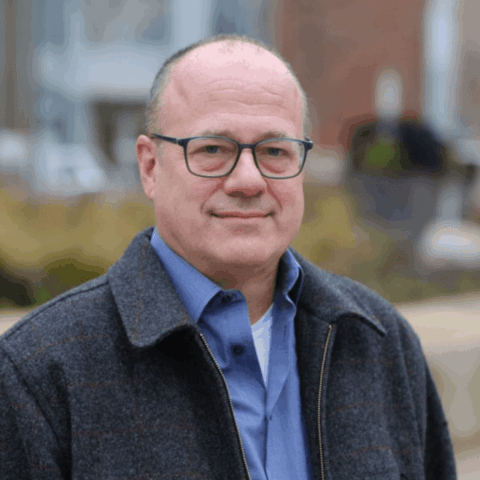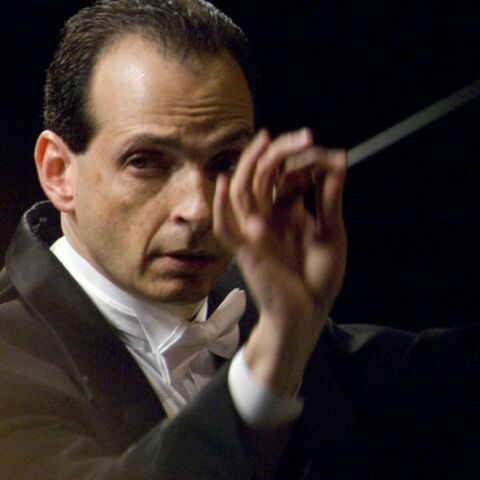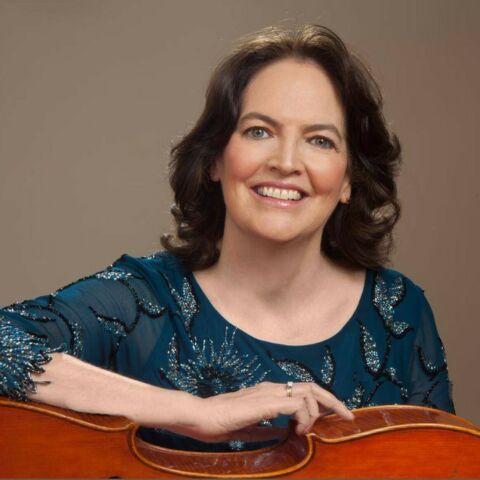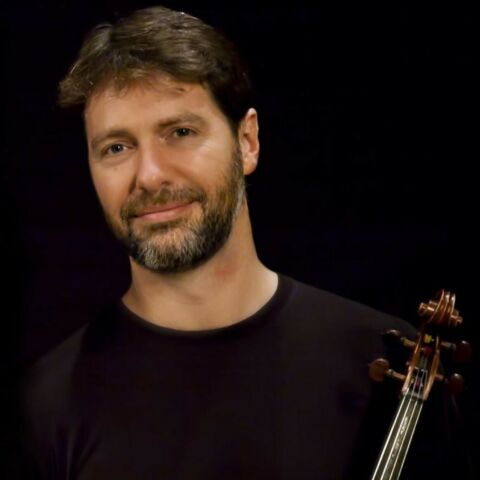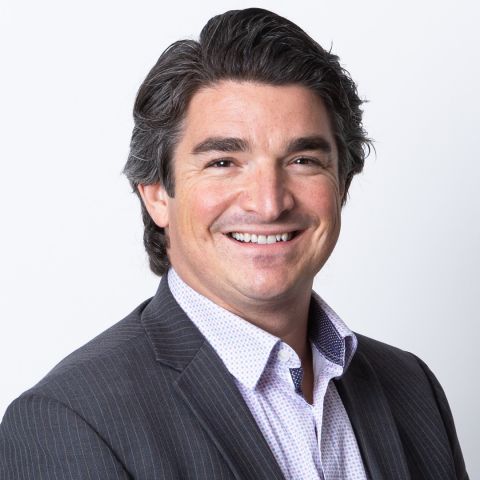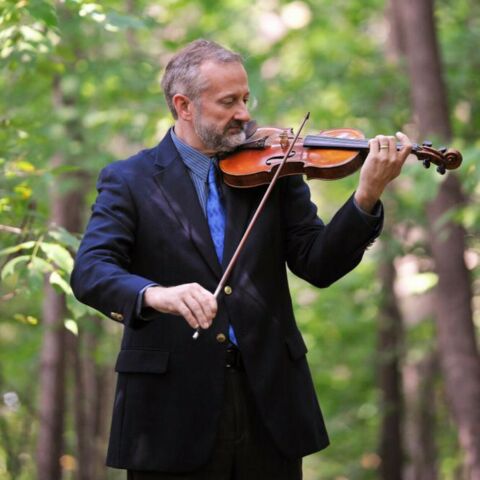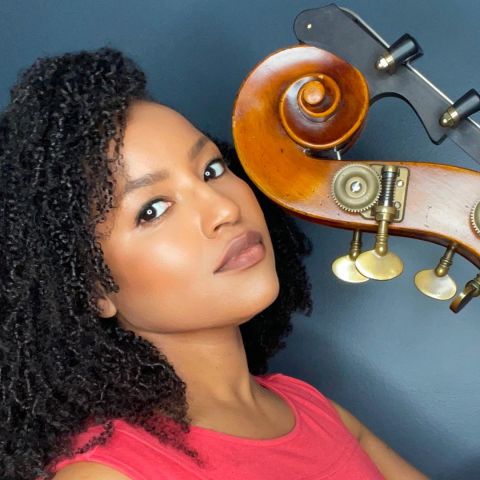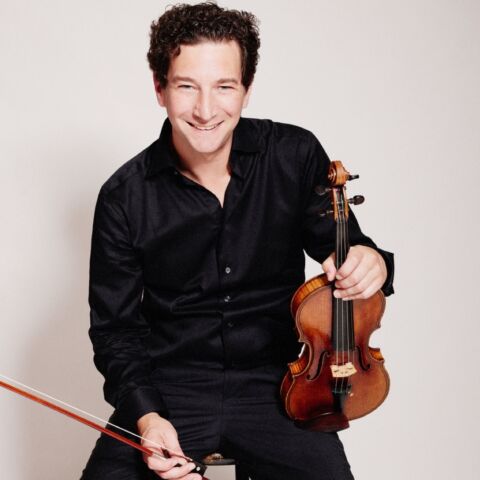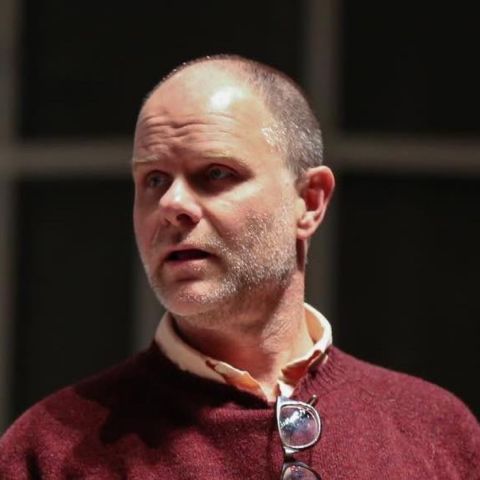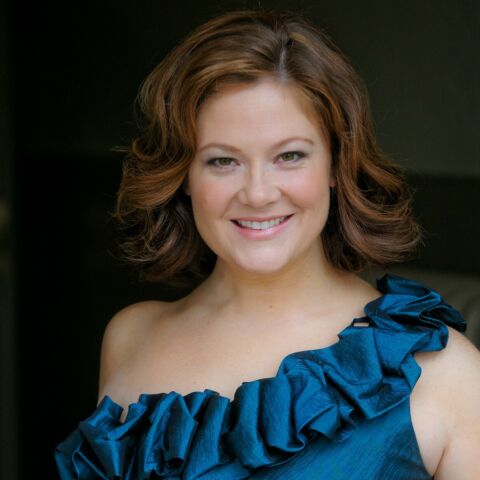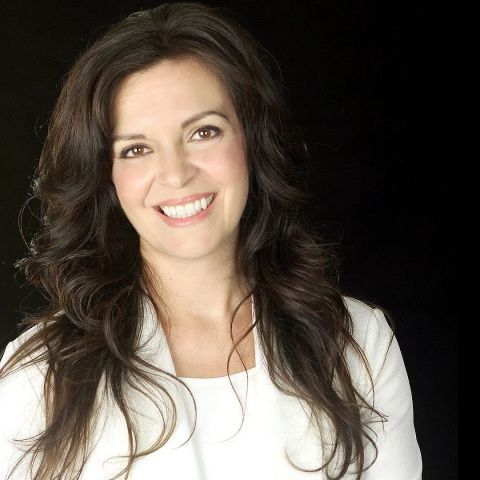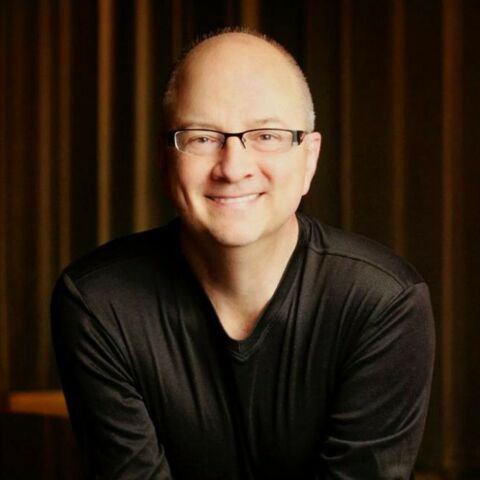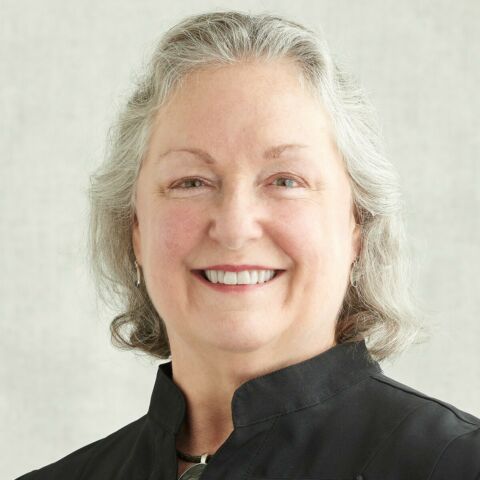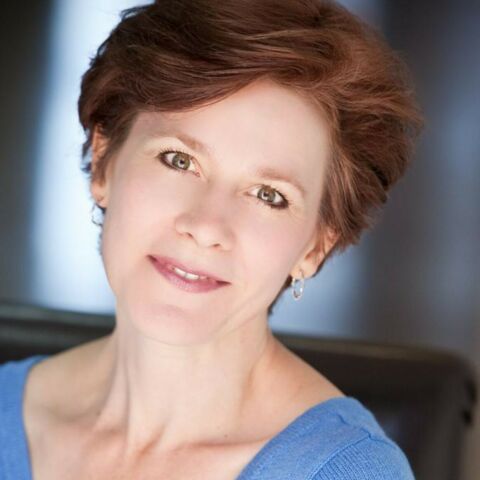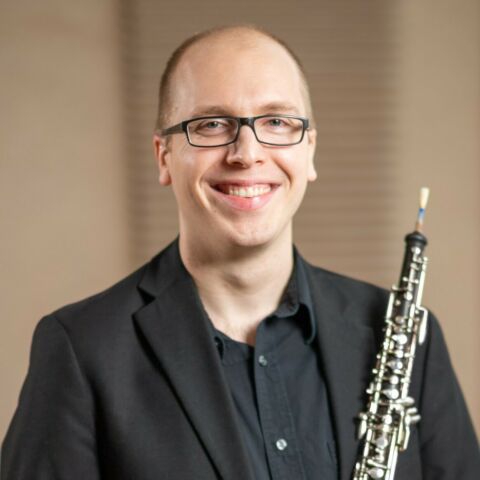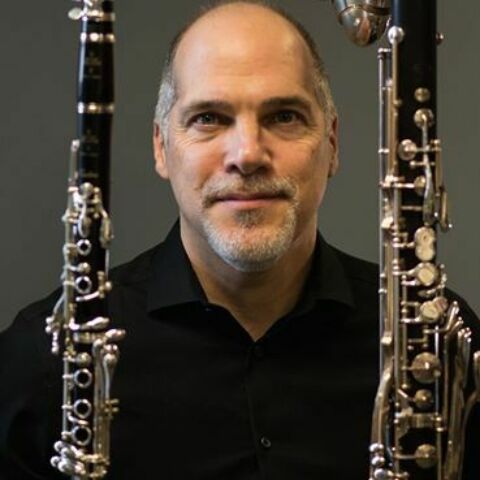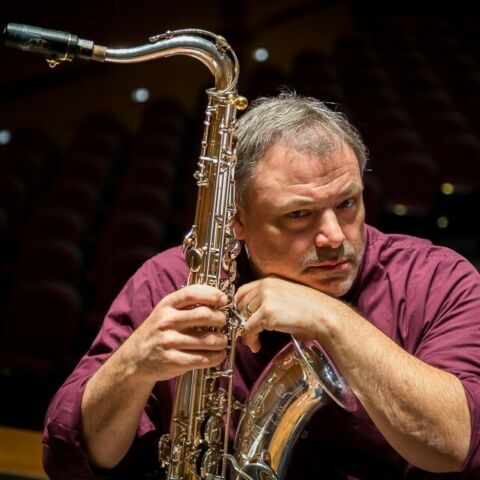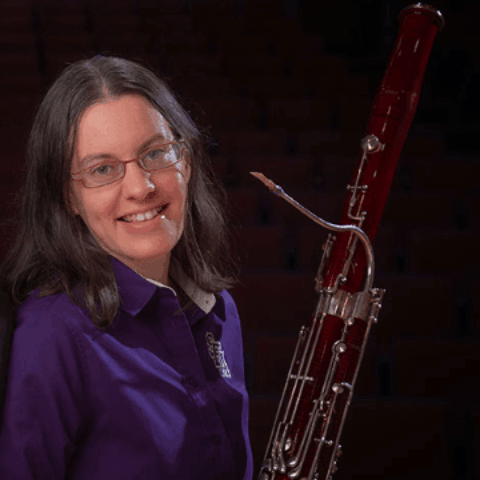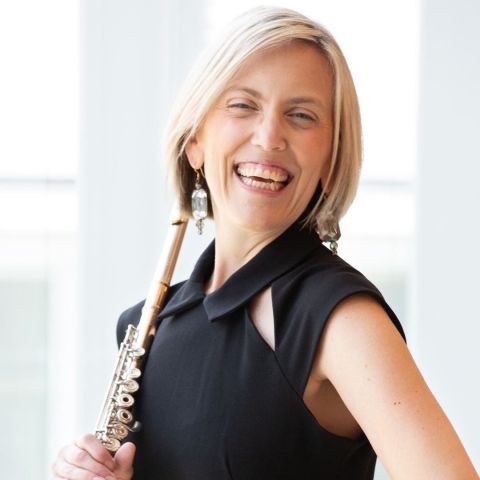Extraordinary Options
School of Music students choose from a wide range of areas of study, and they work closely with both individual faculty and others in the related area.
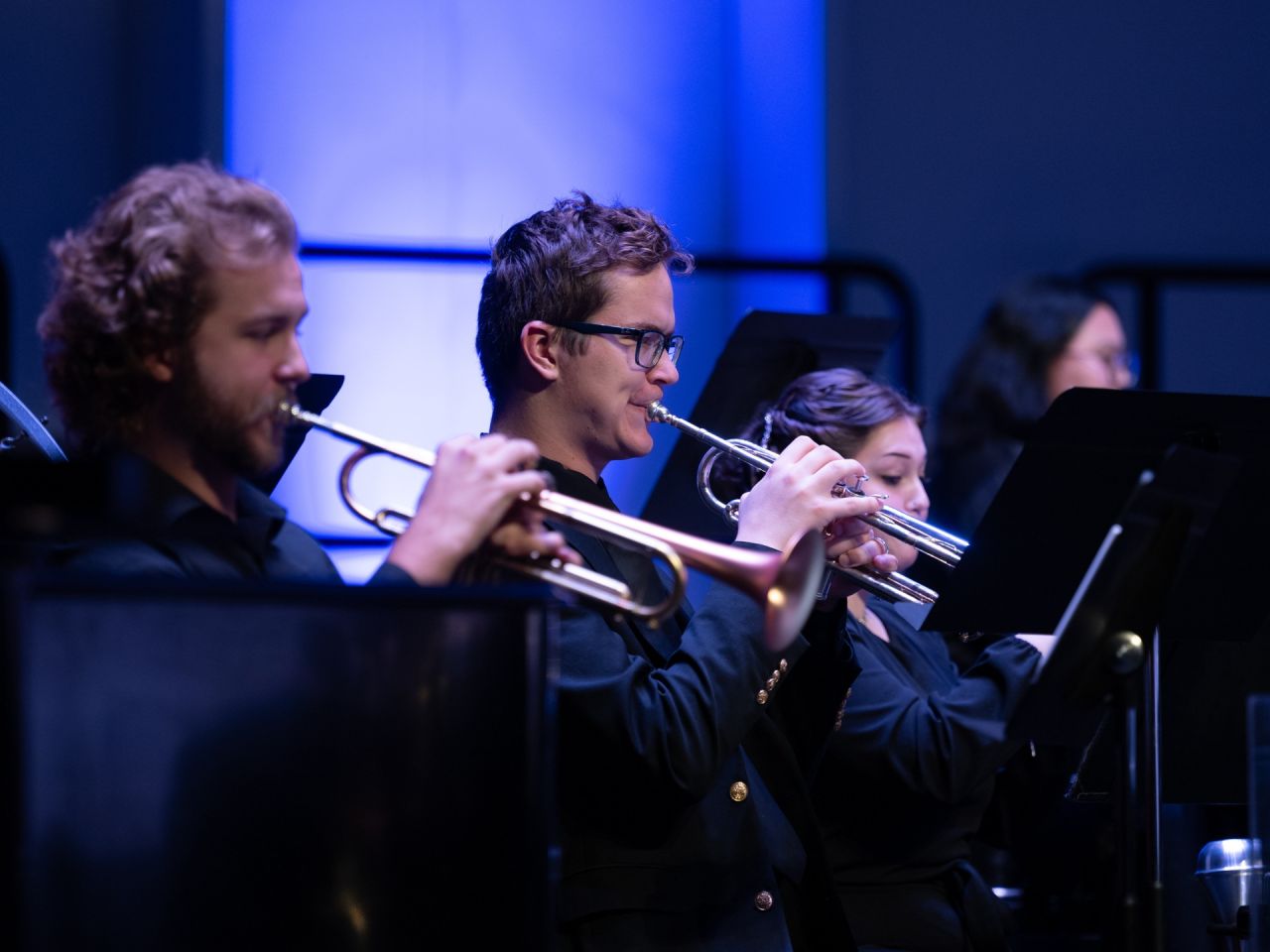
Bands
The Penn State band program is one of the most highly admired and visible university band programs in the United States. Founded in 1899, the program is known for excellence in both its concert and athletic organizations.
Committed to providing outstanding musical opportunities for its members, the Penn State concert band program is comprised of four ensembles: Symphonic Wind Ensemble, Symphonic Band, Concert Band and Campus Band.
We extend a warm, most sincere invitation to ALL University Park students, regardless of academic major, class standing or performing ability to participate in one of these outstanding bands.
Band Faculty
Gregory Drane
- Associate Professor of Music
- Director, Marching Blue Band and Athletic Bands
Michquelena Potlunas Ferguson
- Associate Teaching Professor
- Assistant Director of Athletic Bands
Tonya Mitchell-Spradlin
- Associate Professor, Music
- Director, Wind Band Studies
Brass
Our resident brass faculty members teach over 70 brass students, including music majors and minors at the undergraduate and graduate levels, and Performance Certificate students. Rich with chamber music opportunities, the brass area includes faculty-coached student brass quintets as well as like-instrument ensembles. Students with majors in music education, performance, composition, and theory/history as well as those with majors outside of music are encouraged to pursue performance study. The four full-time brass faculty members maintain busy performing careers throughout the US and abroad, and are dedicated, professional teachers.
Brass Faculty
Velvet Brown
- David P. Stone Chair, Professor of Tuba and Euphonium
- Associate Director for Equity, Diversity and Inclusion
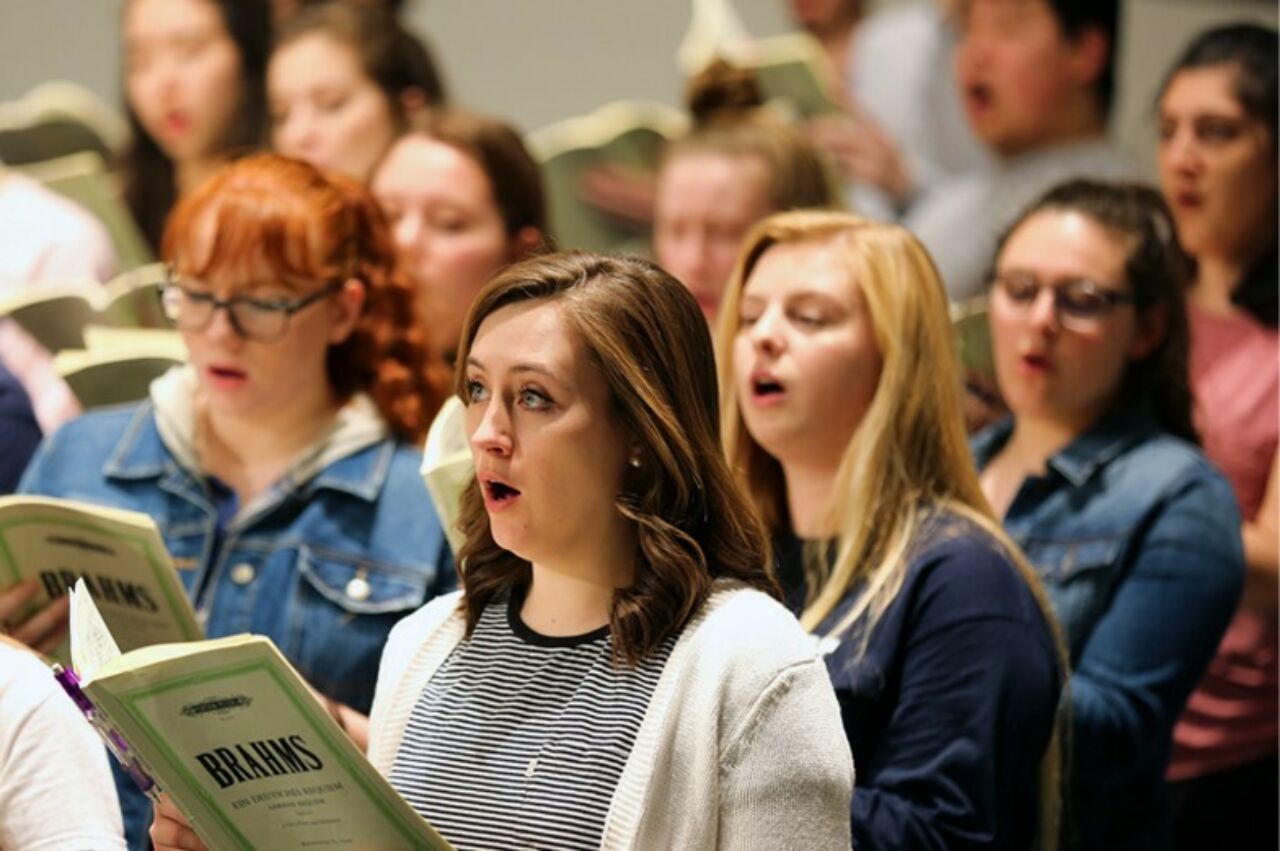
Choirs
Founded in 1888, the Penn State choral program is one of the most dynamic and active areas of study in the School of Music. Committed to providing outstanding musical and educational opportunities for all singers, the choral program includes six large choral ensembles conducted by four faculty members. Four chamber choirs are also included in our curriculum, as well as a non-auditioned choral offering, Campus Choir, designed for students who wish to explore their singing voices and develop their musicianship.
Penn State choirs are open by audition to all students, regardless of major, and participants receive one academic credit per semester. These credits fulfill General Arts credits in many colleges and majors. Graduate credit (Music 810) for choral singers is also available. Auditions occur during the first week of each semester.
Choral Faculty
Composition and Technology
At Penn State Composition and Music Technology, we are creators and innovators. Part of ROARS (Research of the Arts, Recording, and Sound), we are engaged with first-rate studios, cutting-edge curricula, and a cooperative & interdisciplinary artistic culture. The School of Music offers the following degrees in Composition and Technology:
- Bachelor of Music in Music Composition
- Master of Music in Music Composition
- Bachelor of Arts in Music with an Option in Music Technology
- Minor in Music Technology
- PPC in Music Composition and Technology
The Music Composition program provides students with a comprehensive training, including composition of concert music, film scoring, songwriting, and electroacoustic music. Acoustic and electronic composition courses, private lessons, weekly seminar meetings, and master classes comprise the core of study. Several concerts devoted to presenting student compositions take place each year and student works are regularly performed by the school’s many ensembles. Although focused on works for the concert hall, music technology plays a major role in the composition curriculum. In addition to composing works for solo, chamber, large-ensemble, and computer-music genres, composition students carry out a series of career-building projects focused on music business, as well as score study, listening assignments, and reading assignments.
Music Technology students learn to construct & use recording studios, electronic instruments, music software & hardware, as well as use computers to inform their work as a performer, composer, musicologist, acoustician, music theorist, mathematician, artist, or engineer. For majors, this training takes place in weekly seminars, live concerts, studio recording sessions, and courses in audio engineering, music programming, acoustics, and the history & culture of electroacoustic music. Music tech majors are encouraged to deepen their understanding of their specific areas of interest, creating projects that will serve as their calling cards when they leave Penn State.
ROARS also provides musicians that do not wish to major in technology or composition the tools they need to adapt their artistry or funding models to a changing world, or to augment their knowledge in another specialization with the insights of musicians. Music Technology Minors have the opportunity to pursue their inspirations within the ROARS culture in a way that complements their area of specialization.
Composition and Technology Faculty
Conducting Studies
Penn State offers aspiring conductors a thorough and well-rounded approach to the study of conducting. At the undergraduate level, the conducting faculty introduce and refine conducting gestures, and develop skills in score reading and rehearsal techniques. Three levels of conducting study are offered at the undergraduate level, taught by faculty members with Masters-level conducting students assisting.
Graduate degrees in conducting are designed for the preparation of professional conductors and teachers, with options in choral, orchestral, and band/wind ensemble music. We provide students intensive opportunities to develop their conducting and rehearsal techniques, explore a large body of literature appropriate to their area of study, refine their skills in music analysis and score preparation, and expand their knowledge in music theory and history. Significant conducting experiences with University ensembles form a vital part of the graduate experience.
The size of each conducting program is limited to facilitate a deeper level of learning and focused attention from faculty, including frequent individual conducting lessons. At the graduate level, conductors have opportunities to work with faculty from all three conducting areas, and students are encouraged to continue their studies in individual performance or composition. All graduate conducting students receive the opportunity to conduct the faculty-led large ensembles. Financial support is available through assistantships and fellowships.
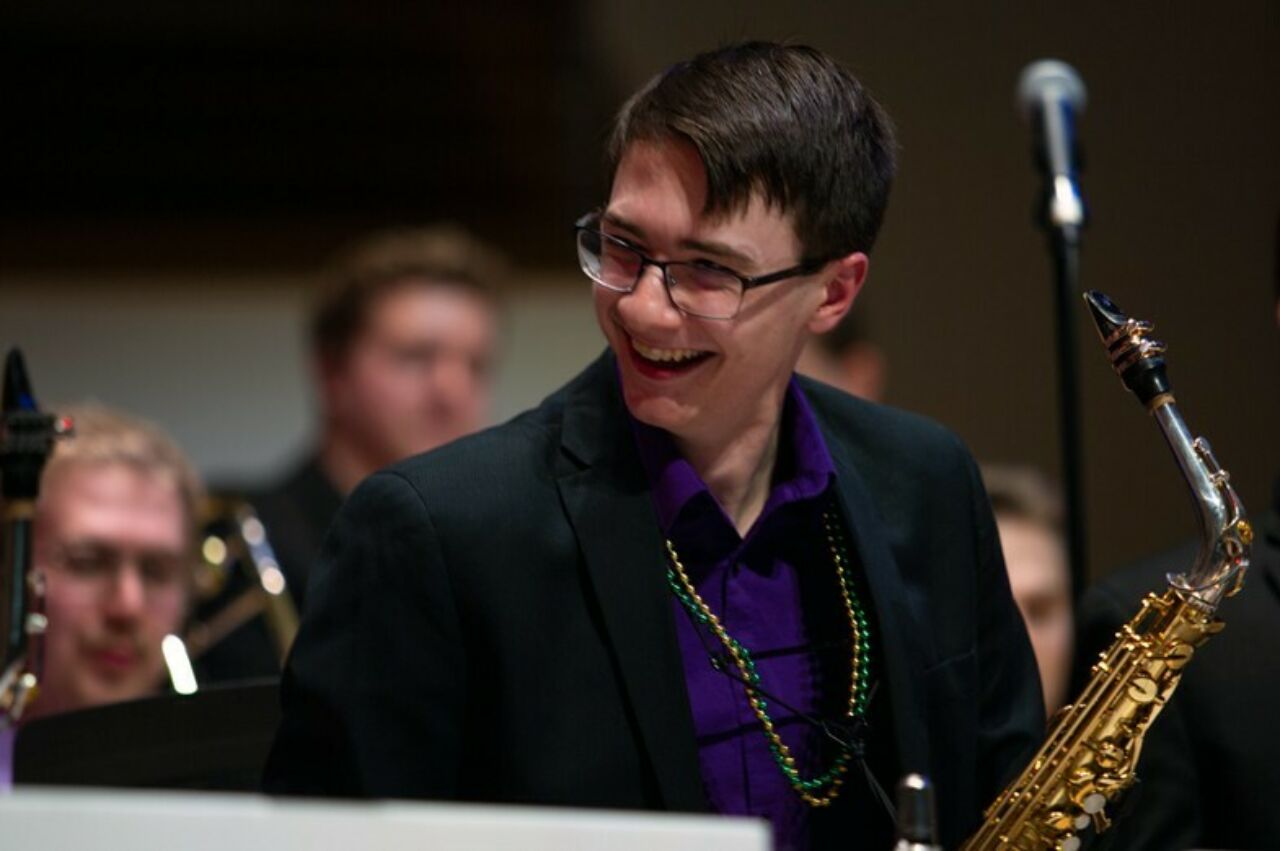
Jazz Studies and Contemporary Music
The jazz studies and contemporary music program features three full big bands, a thriving small jazz ensemble program, a vocal jazz ensemble and a multitude of courses offered in the art of jazz, to both music majors and non-majors.
Both music majors and non-majors may enroll in a jazz minor which features instruction in jazz improvisation, writing and arranging, jazz pedagogy, jazz history, private lessons, rhythm section techniques and contemporary piano skills.
Annual concert events include Centre Dimensions and Friends, a Mardi Gras concert each February, and the annual Penn State Jazz Festival featuring high school jazz band guests and award winning guest jazz artists. Centre Dimensions Jazz Ensemble, the premier big band, presents concerts throughout the mid-Atlantic region and has been a featured ensemble in the President’s Concert series as well as PMEA, multiple branch campus events, Mosaic and the annual Penn State Jazz Festival.
Jazz Studies Faculty
Keyboard
Penn State’s keyboard students have the best of all possible worlds – opportunities and experiences that can only be found at a large comprehensive institution, plus a smaller supportive environment within the School of Music. All piano majors receive hour-long private lessons with faculty members and attend regular studio performance classes. Specialized courses for pianists include piano pedagogy, keyboard literature, and accompanying/chamber music courses.
All students gain performance experience through recitals and masterclasses, and all have the opportunity to take part in a wide array of chamber music and ensembles. Piano students may apply to the program that best fits their goals from our comprehensive undergraduate and graduate programs. Students can double major or take advantage of the wide variety of minors and certificate programs available.
We take pride in creating an atmosphere that fosters musical excellence while offering students challenging and inspirational experiences. Our programs offer individualized attention and the opportunity to work with an outstanding faculty of artists, teachers, and scholars. We encourage you to visit campus, observe classes and ensembles, attend performance, and meet faculty and students.
Keyboard Faculty
Music Education
Our degree programs focus on the study of music learning and teaching. Through the “Center for the Study of Music Learning and Teaching” we are able to bring visiting scholars to campus to enhance the already extensive expertise of the faculty and expand our students’ experiences.
The B.M.E. degree is for undergraduate students intending to receive Pennsylvania Teacher Certification in Music (K-12). Students are prepared to teach music to children in grades K-12 in general, choral, band, and orchestral settings. As part of the program, students develop their own professional e-portfolio, beginning in Freshmen Seminar, amending throughout the program, and culminating with a completed portfolio useful when applying for teaching positions.
The M.M.E. degree is for music teachers who seek further professional development. The degree program blends theory and practice. Students have opportunities to further their skills and knowledge as music teachers. They also take courses to expand their understanding of the processes of scholarly inquiry in the profession and how those processes have application in their own teaching settings.
The Ph.D. degree is for music teachers who wish to engage in research endeavors and, typically, seek positions in higher education upon degree completion. The focus is on the student’s individual development as a scholar in the profession.
Music Education Faculty
Musicology and Music Theory
Our faculty members are leaders in their fields, with strong national and international reputations, and substantial publication records. They are dedicated teachers who incorporate well-established as well as innovative approaches in the classroom. At the graduate level, the musicology and music theory areas promote a holistic approach to instruction, integrating the disciplines in creative ways, all in an effort to encourage students to seek higher levels of academic excellence. Faculty members work closely with students, offering extensive personal attention that enables them to develop and refine their skills as musicians, writers, thinkers, scholars, and teachers.
Musicology
The music history undergraduate curriculum focuses on the attainment of a broad knowledge of music from all periods. Music repertoire is examined in its social, cultural, political, and aesthetic context. At the graduate level, students approach the study of music by using a wide range of musicological methodologies and by developing advanced research skills. We prepare students for doctoral study in musicology or ethnomusicology, help them acquire the skills they need to teach in an undergraduate music history curriculum, or strengthen their musicianship as composers, conductors, music educators, and performers.
The musicology area includes faculty members who offer diverse music historical approaches and whose research interests span all periods of Western music. Areas of specialty include performance practice, musical aesthetics, manuscript studies, film music, interdisciplinary studies, and the music of Beethoven, Haydn, Mahler, Monteverdi, Schoenberg, and R. Strauss. Faculty members hold doctoral degrees in musicology from Cornell University, Duke University, and Yale University.
Musicology Faculty
Marica Tacconi
- Distinguished Professor, Musicology and Art History
- Associate Director, Faculty Development and Research/Creative Activity in Music
Music Theory
The music theory area offers outstanding instruction for Penn State undergraduate music majors in the intellectual and aural comprehension of the theoretical elements of music. At the graduate level, we emphasize the attainment of advanced musicals skills necessary to help prepare students to pursue the Ph.D. degree in music theory, teach in an undergraduate music theory curriculum, or strengthen their musicianship as composers, conductors, music educators, and performers. The music theory area includes faculty members with diverse research specialties, including eighteenth- and nineteenth–century form and style, Schenkerian analysis, post-tonal analysis, musical aesthetics, film music, jazz theory and performance, popular music, music theory pedagogy, and the music of composers such as Bach, Beethoven, Buxtehude, Chopin, Messiaen, and Stravinsky.
Faculty members hold doctoral degrees in music theory from the Florida State University, Indiana University, the University of Michigan, the University of Wisconsin, and Yale University.
Music Theory Faculty
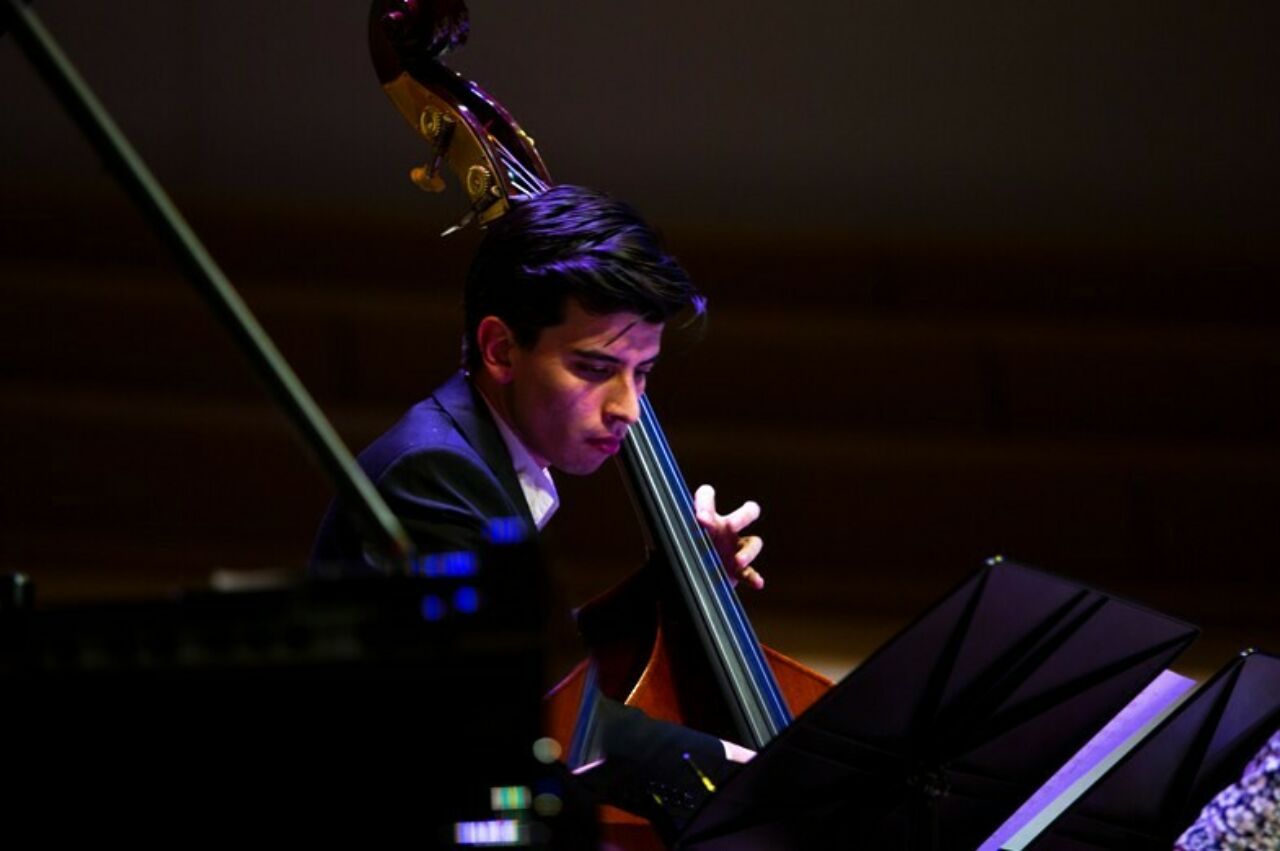
Orchestras
The Penn State orchestral program has grown considerably and has become one of the leading programs in the area. Recent performances include venues such as Carnegie Hall in New York, Kimmel Center in Philadelphia and Heinz Hall in Pittsburgh. The repertoire ranges from the early classical to twenty-first century composers, including several premieres. The Philharmonic and Chamber Orchestras have traveled abroad to perform in festivals with great success.
Committed to providing outstanding musical and educational opportunities for all instrumentalists, the orchestral program includes three ensembles. The Philharmonic Orchestra and the Chamber Orchestra are conducted by the Director of Orchestral Studies and the Campus Orchestra, a mostly non-major ensemble designed for students who wish to continue playing their instruments and develop their musicianship, is conducted by graduate assistants in the M.M.-orchestral conducting program.
The orchestras at Penn State are open to all University Park campus students and auditions for Philharmonic Orchestra and Chamber Orchestra take place during the first week of classes. An audition is not required for string players to participate in Campus Orchestra, but students must demonstrate that they are capable to perform the repertoire selected. Due to the limited number of winds and percussion needed for this ensemble, an audition it is required. Participants receive one academic credit per semester for each orchestra. These credits fulfill General Arts in many colleges and majors.
Orchestral Faculty
Gerardo Edelstein
- Professor, Orchestral Studies and Conducting
- Music Director, Philharmonic Orchestra, Chamber Orchestra, and Penn's Woods Music Festival
Percussion
The Percussion Area is a vital and thriving part of the School of Music. Penn State percussionists participate in virtually every instrumental ensemble including the Blue Band, Symphonic Wind Ensemble and Symphonic Band, Penn State Philharmonic Orchestra, jazz bands and combos. The Penn State Percussion Ensembles and Mallet Ensembles have been invited to numerous festivals including PMEA, MENC and, recently, the Magic Marimba Festival in Florida.
Percussion Faculty
Strings
Our string students take weekly private lessons taught by resident faculty members. These students have gone on to study at prestigious graduate programs, and into careers such as music education, collegiate teaching, and membership in major professional orchestras.
Penn State has over 70 string majors, which includes talented students from the US and at least 20 countries. Two resident graduate quartets lead the chamber music program.
Internationally renowned musicians including the Guarneri, Tokyo, Kronos, Emerson, Brentano, St. Lawrence Quartets have given master classes for our students. Solo guest artists have included Yo-Yo Ma and Itzhak Perlman.
Among Penn State’s orchestras, the Philharmonic offers an excellent full orchestral experience, and has performed internationally in Spain, Germany, Austria, the Czech Republic. The Philharmonic recently received a standing ovation for their debut performance at Carnegie Hall. The Chamber Orchestra and Campus Orchestra provide other options for students to acquire a varied repertoire. The Baroque Ensemble offers an opportunity to receive training in baroque techniques with the use of gut strings and baroque bows. Performance opportunities also include playing in regional professional orchestras.
String Faculty
Voice and Opera
The voice area at Penn State is vibrant, supportive, and comprehensive. Performance opportunities abound, and voice students in all degree programs are encouraged to perform as much as possible. Regular performance opportunities include:
- Voice Forum (a weekly combined – studios master class)
- Bach’s Lunch (a weekly Voice Area concert series)
- Common Hour (a weekly performance showcasing School of Music students)
- Solo Recitals (recitals are required in many degrees, and encouraged for students in all voice programs)
- Opera Theatre (the repertoire varies from year to year and is tailored to the needs and strengths of our current singers, freshman through graduate students)
- Acting for Singers (a performance techniques class that culminates in a showcase of excerpts from the lyric theatre)
- Choral Ensembles
- Vocal Dimensions Jazz Ensemble
- Sing Out! (Voice Area scholarship competition for performance across theatrical genres)
- Scholarship Competition (an opportunity to win endowed School of Music scholarships)
- Concerto Competition (School of Music competition for singers and instrumentalists to be featured in a Philharmonic Orchestra concert)
- Guest Master Classes and Guest Coaching
- School of Theatre (auditions for musicals and plays are open to all students)
- Penn State Thespians, No Refund Theatre (student-run theatrical organizations)
- National Association of Teachers of Singing (chapter or regional student audition each semester)
The voice faculty are widely recognized for their teaching, performance and scholarship, and work together to provide each student with the best experience and mentoring. Singers have the opportunity to work with each of our faculty through lessons, Voice Forum, Opera Theatre, coursework (in lyric diction, vocal literature, voice pedagogy, and Acting for Singers), independent study, or other interactions.
Each year the School of Music sponsors more than 200 student and faculty recitals and concerts, while the University’s Center for the Performing Arts brings internationally known soloists, ensembles, orchestras, and theatrical companies to Penn State.
Prospective students who would like to visit for a day of classes and rehearsals please contact Professor Ted Christopher at euc11@psu.edu.
Voice Faculty
Woodwinds
“We are” woodwinds at Penn State! The student to faculty ratio is ideal as each woodwind instrument is taught by a full-time faculty member. Undergraduate and graduate woodwind students work closely with their respective teachers in their applied lessons, studio classes, chamber ensembles, as well as in flute choir, clarinet choir, saxophone ensemble, and double reed ensemble. Not only are the woodwind faculty members nationally- and internationally-known pedagogues, but they are also frequent performers across the United States and abroad.
